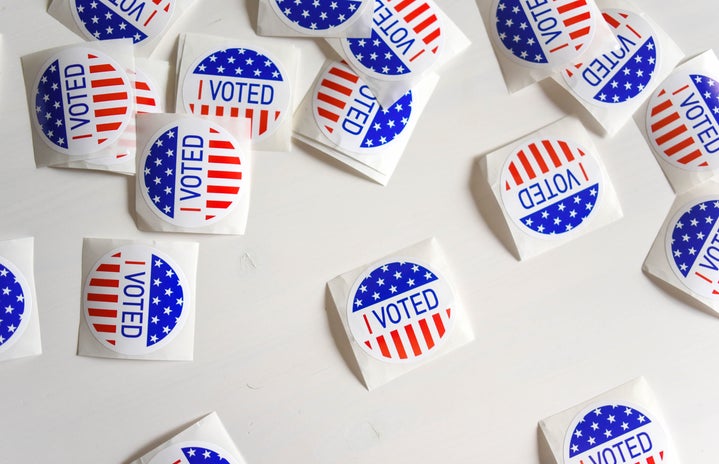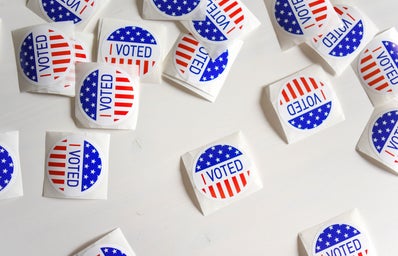Donald Trump was not the leftist candidate last Tuesday. But neither was Kamala Harris. American leftists pretty much agreed overall that Harris did not represent their politics – the issue most often coming up being that of her stance on the genocide in the Middle East. However, her main opponent, Donald Trump, was even further from the left and certainly not pro-Palestine either. So, what did that leave leftists with? This is where the disagreement stems from. The lesser of two evils? Or voting for a third leftist party in a two-party system?
As Wednesday morning rolled around – it was clear neither option had won out, and another Trump presidency was now due to begin next January. The American left found themselves in a frenzy – someone needed to be blamed! Was it the third party voters – who had taken away votes from Harris (how dare they!) or was it the Democrat-supporting left who had failed to hold their party to account, leading to the rise of the Trump-led Republicans.
The problem with this never-ending circle of blame is that nothing ever comes out of it. Finding someone to blame is a way for us to do nothing but not feel bad about it. Rather than act, let’s collectively find someone to point the finger at – ‘It’s not our fault, it’s theirs!’ Pinning blame in this way has always been a feature of mainstream politics – particularly recently seen in the scapegoating of migrants – often observed in what is described as ‘divide and rule’ strategies to consolidate power. ‘Divide and rule’ was often used in colonial rule in order to make colonized states easier to govern but can also be seen when creating animosity between migrant members of the working class and those of British origins. By playing this blame game following the election, this is playing directly into their hands and serving their interests. Blame has its place – it remains important when attempting to make things better that we are aware of issues and who/where they stem from – but when blame becomes akin to infighting and division, this is where the problem arises. I would argue the left finds itself in the latter rather than the former category following the US election.
What follows is a need for greater unity on the left. This higher moral objective that individuals believe in needs to come second to banding together in order to reduce danger to those groups now most at risk. Preventing immediate harm, where possible, should be the aim. Unity on the left should not mean a homogenization of views, and debate should continue to be welcomed, however this should not hinder the ability to act against a common threat as one. The election showed one thing – and that’s that whilst one side argues and divides and weakens, individuals such as Donald Trump are on the rise and have gained enough support to win the presidential election of one of the most powerful states on earth. This becomes bigger than a self-gratifying pat on the back for calling those out who we think lost the election – this is about immediate harm reduction in the face of very real threats.
Here in the UK, uniting against Donald Trump may seem of lesser importance and irrelevant, but the opposite is true. It is now that ideological divisions must be put aside to unite against the rise of the far right. Greater platforms for far-right discourse in the US will only fuel the UK’s very own versions of these. Groups such as Reform UK and its MPs must be sent a message that people are ready to stand against them; in the same way they are ready to stand against Donald Trump. This is why it is imperative the focus is switched from finger-pointing to meaningful unions against the threat of the far-right.


